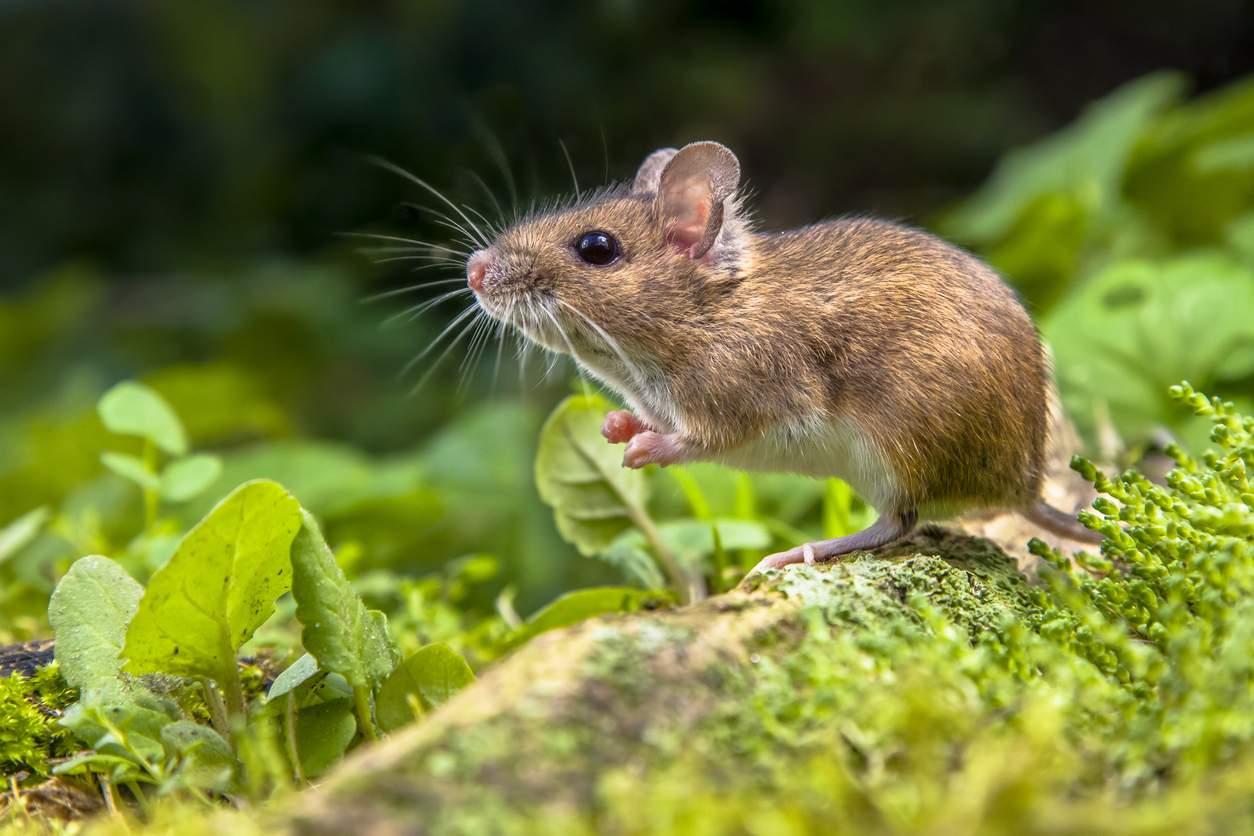Understanding Smart Pest Tech for Hospitality
In an industry where reputation is paramount, the hospitality sector is redefining its pest management strategies with smart pest tech for hospitality. This innovative approach not only ensures effective pest control but also significantly enhances guest satisfaction and safety. By incorporating cutting-edge technology, hotels and restaurants are not just warding off peststhey're also protecting their brand image and bottom line.
The impact of pests in the hospitality sector cannot be overstated. A single pest sighting can tarnish a hotel's reputation permanently. However, the advent of smart pest tech solutions means hospitality businesses can adopt a proactive stance. Leveraging IoT (Internet of Things) devices, AI, and other technological advancements, facilities can monitor pest activity in real-time and take immediate action.

Why Smart Pest Tech Matters
Pest management isn't new; however, traditional methods often fall short. Here's where smart pest tech for hospitality takes charge. It provides several advantages over conventional strategies:
1. Continuous Monitoring
Unlike traditional pest control that relies on scheduled inspections, continuous monitoring with smart sensors provides real-time data. These devices detect pest presence instantly, allowing for quick response, thus minimizing pest-related damages and guest discomfort.
2. Data-Driven Insights
Smart pest tech is equipped with power-packed analytics. By gathering data over time, it helps identify pest patterns and hotspots within the facility. This analytical insight offers a better understanding of pest behavior, enabling more targeted and efficient control measures.
3. Environmentally Friendly Solutions
The hospitality industry is increasingly embracing eco-friendly practices. Smart pest tech aligns with this goal by reducing the need for chemical interventions. Many advanced systems use biological control agents or electronic traps that are safe for both guests and the environment.
4. Cost Efficiency
While initial investments in smart pest tech might seem significant, the long-term savings are substantial. By reducing pest damage and avoiding the high costs associated with cleaning, repairs, and refunding unsatisfied guests, businesses see a return on investment.
Implementing Smart Pest Tech in Hospitality
Adopting smart pest tech requires a strategic approach. Here's how hotels and restaurants are incorporating these cutting-edge solutions:
1. Integration with Existing Systems
One of the key strengths of smart pest tech is its ability to integrate seamlessly with other hotel systems. For instance, IoT devices used in pest management can be synced with a facility's general surveillance or maintenance systems, enhancing overall operational efficiency.
2. Training and Workforce Adaptation
Implementing new technology necessitates proper training. Staff must be equipped to understand how to use new systems, interpret data, and respond effectively. Workforce adaptation is crucial for reaping the full benefits of smart technology.
3. Collaborating with Experts
Partnering with tech and pest management experts can facilitate smooth implementation. These professionals provide strategic insights and technical support, ensuring that the installed systems operate at optimal levels, adapting to the unique demands of every facility.
The Future of Pest Management in Hospitality
As technology advances, so will pest management in the hospitality sector. Future trends point towards even greater integration with AI, robotics, and enhanced data analytics, offering unprecedented precision and efficiency in pest control.
Innovations in smart pest tech not only promise to handle pest issues effectively but also to curtail future outbreaks. As such, smart pest tech isn't just a current solutionit's the future of pest management, paving the way for a better, safer, and more sustainable hospitality environment.
For more insights into similar tech solutions beyond hospitality, read about how AI mouse traps are being used in commercial buildings. These technologies are heralding a new era of pest management, setting standards that are sure to trickle into all service sectors.

FAQs: Smart Pest Tech for Hospitality
1. How does smart pest tech differ from traditional methods?
Smart pest tech uses IoT devices and real-time monitoring to detect and address pest issues immediately, unlike traditional methods that rely heavily on periodic inspections and chemical treatments.
2. What are the cost implications of implementing smart pest tech?
While the initial setup cost can be high, smart pest tech generally leads to cost savings over time by reducing the need for frequent chemical treatments and mitigating pest-caused damages and customer dissatisfaction.
3. Can smart pest tech be customized for specific facilities?
Yes, smart pest tech solutions can be tailored to meet the unique needs of each facility, considering factors like location, facility size, and specific pest problems.
This article contains affiliate links. We may earn a commission at no extra cost to you.
